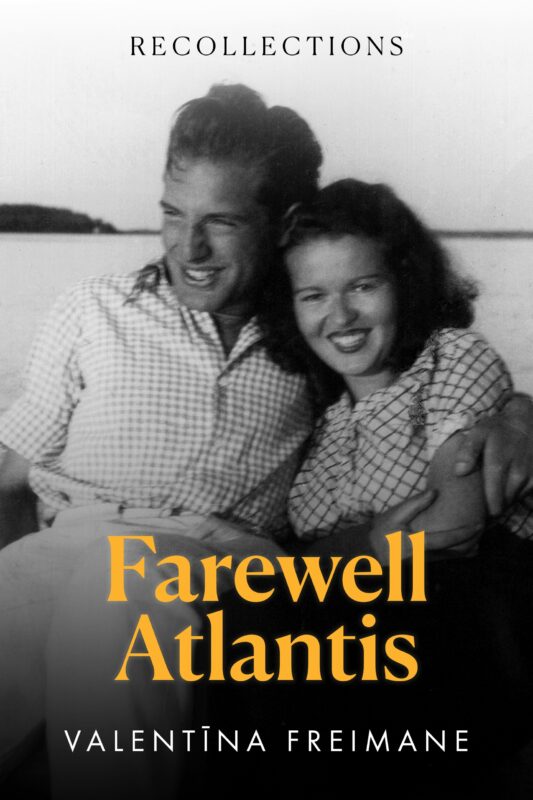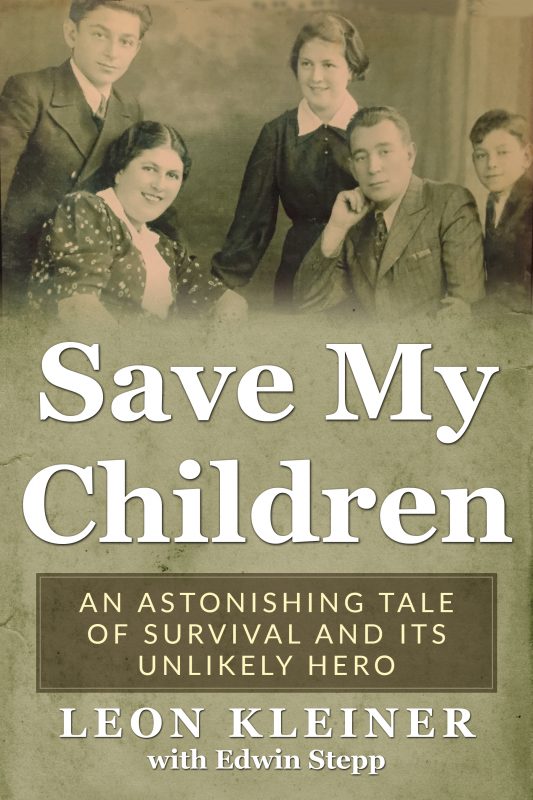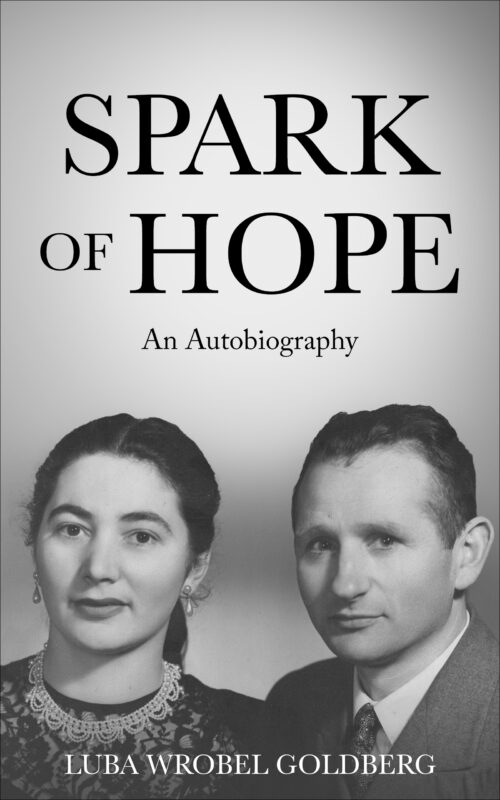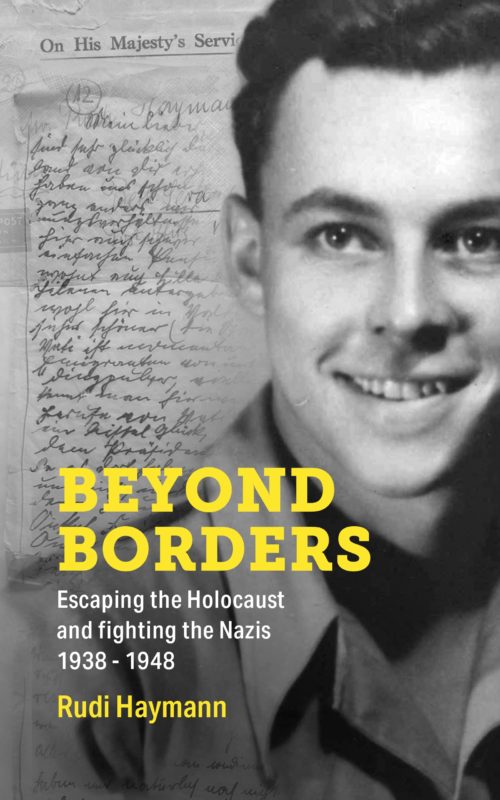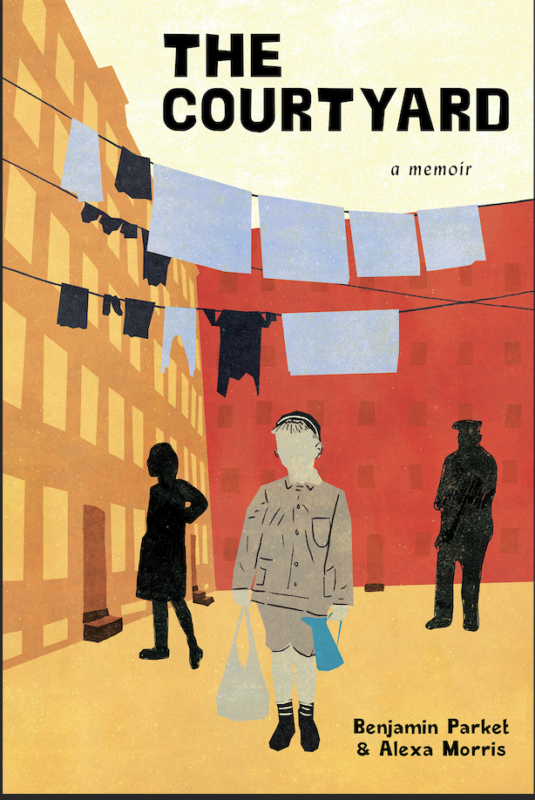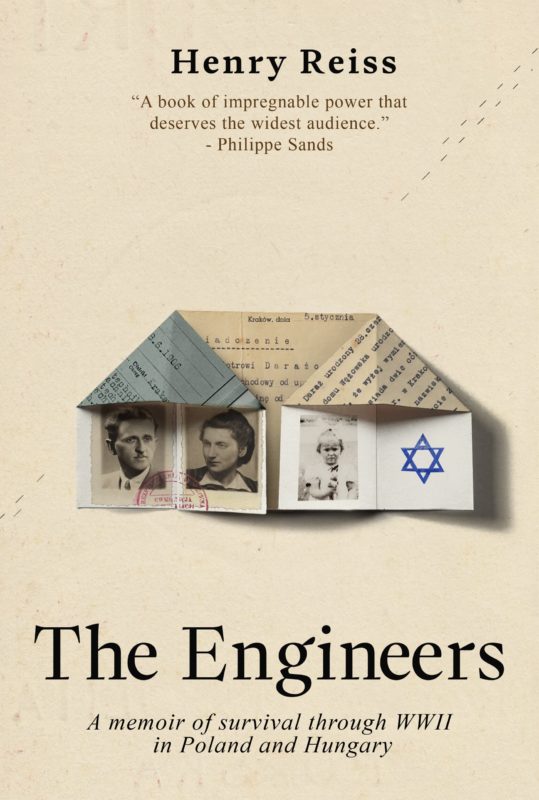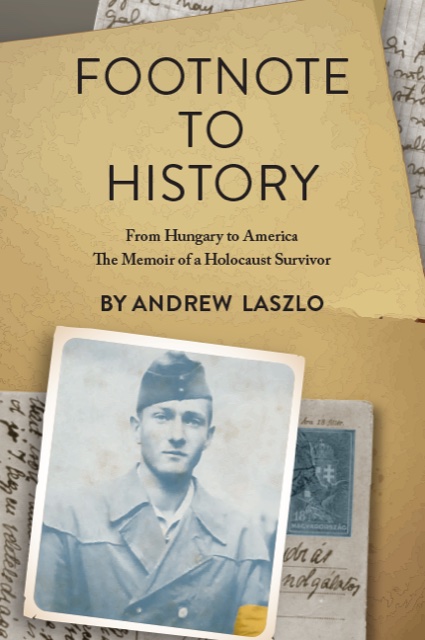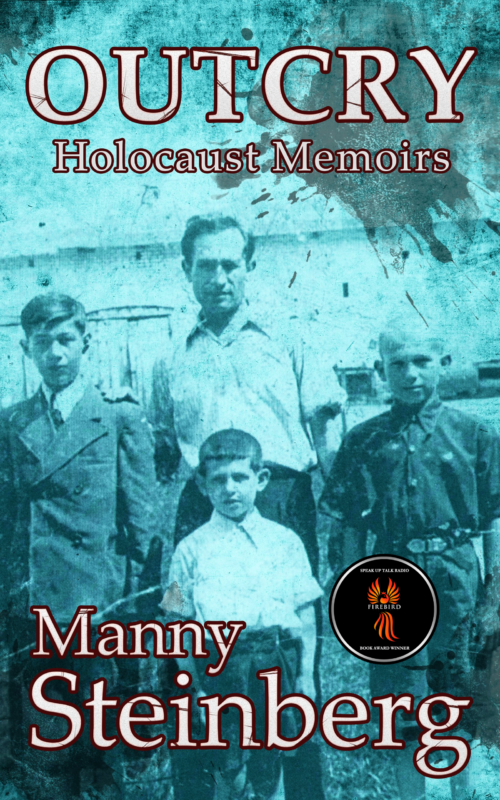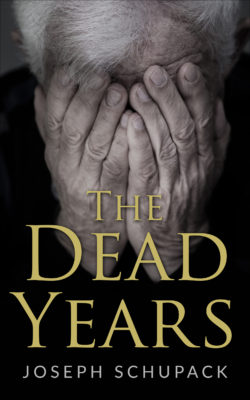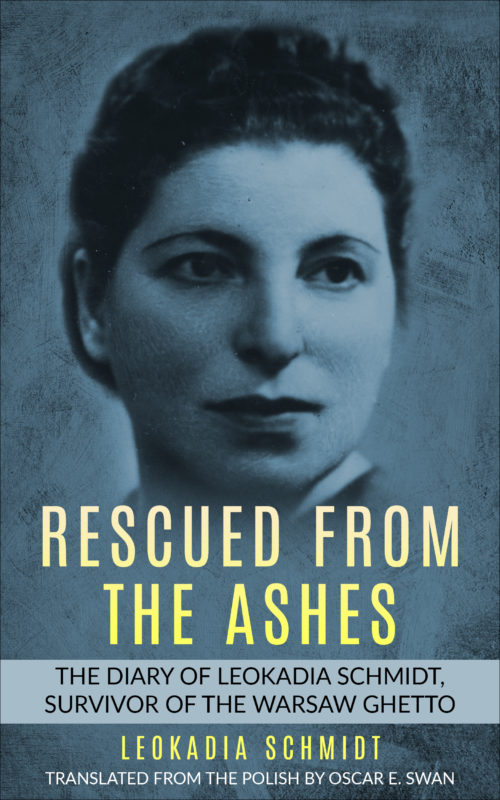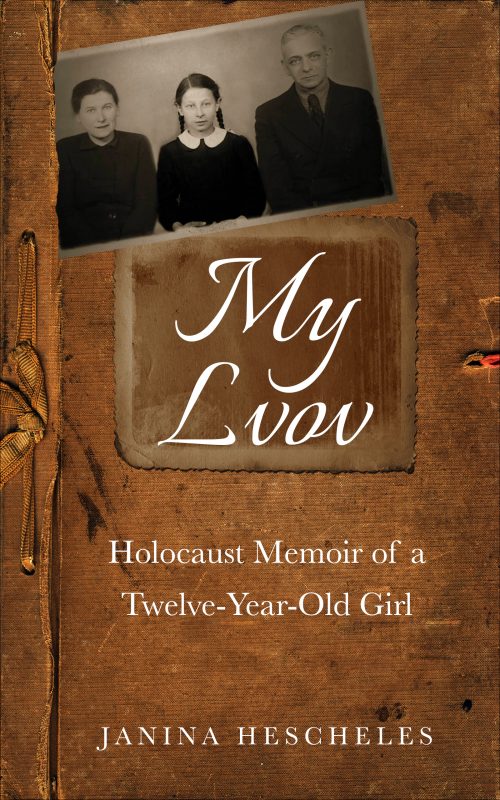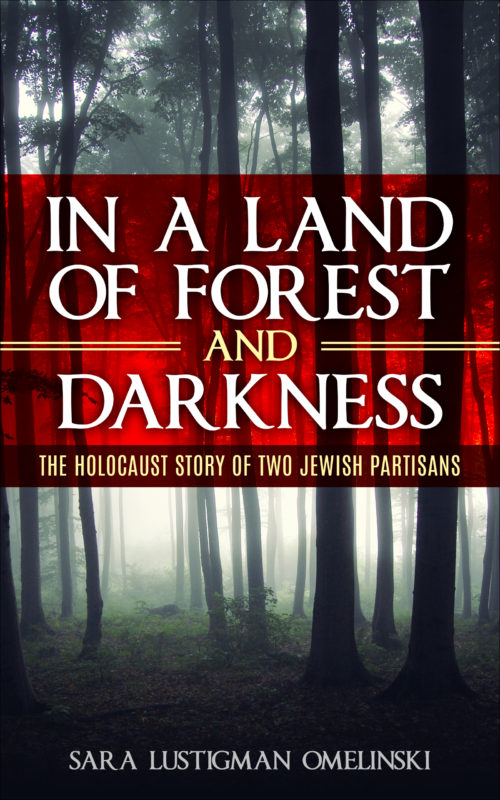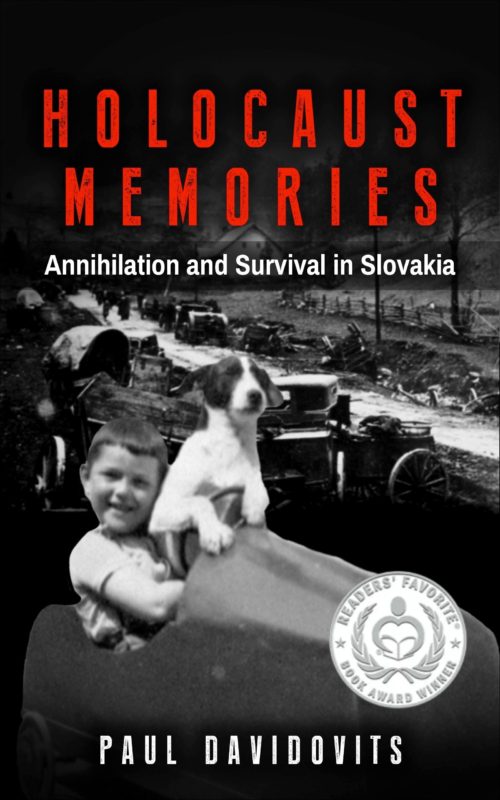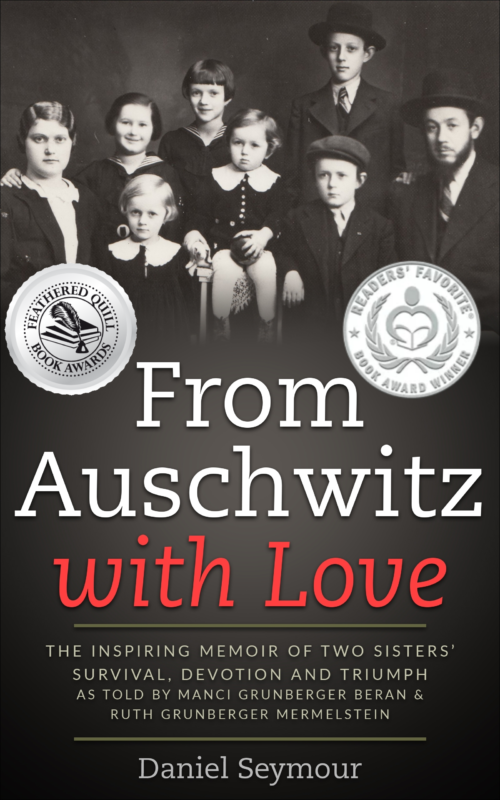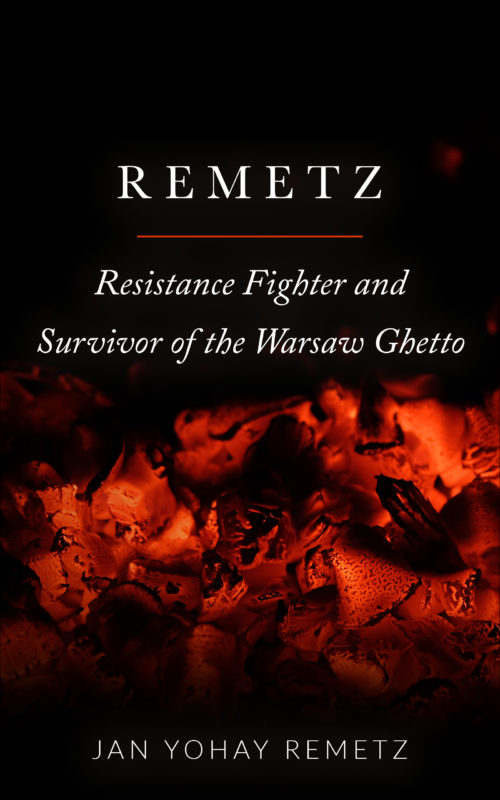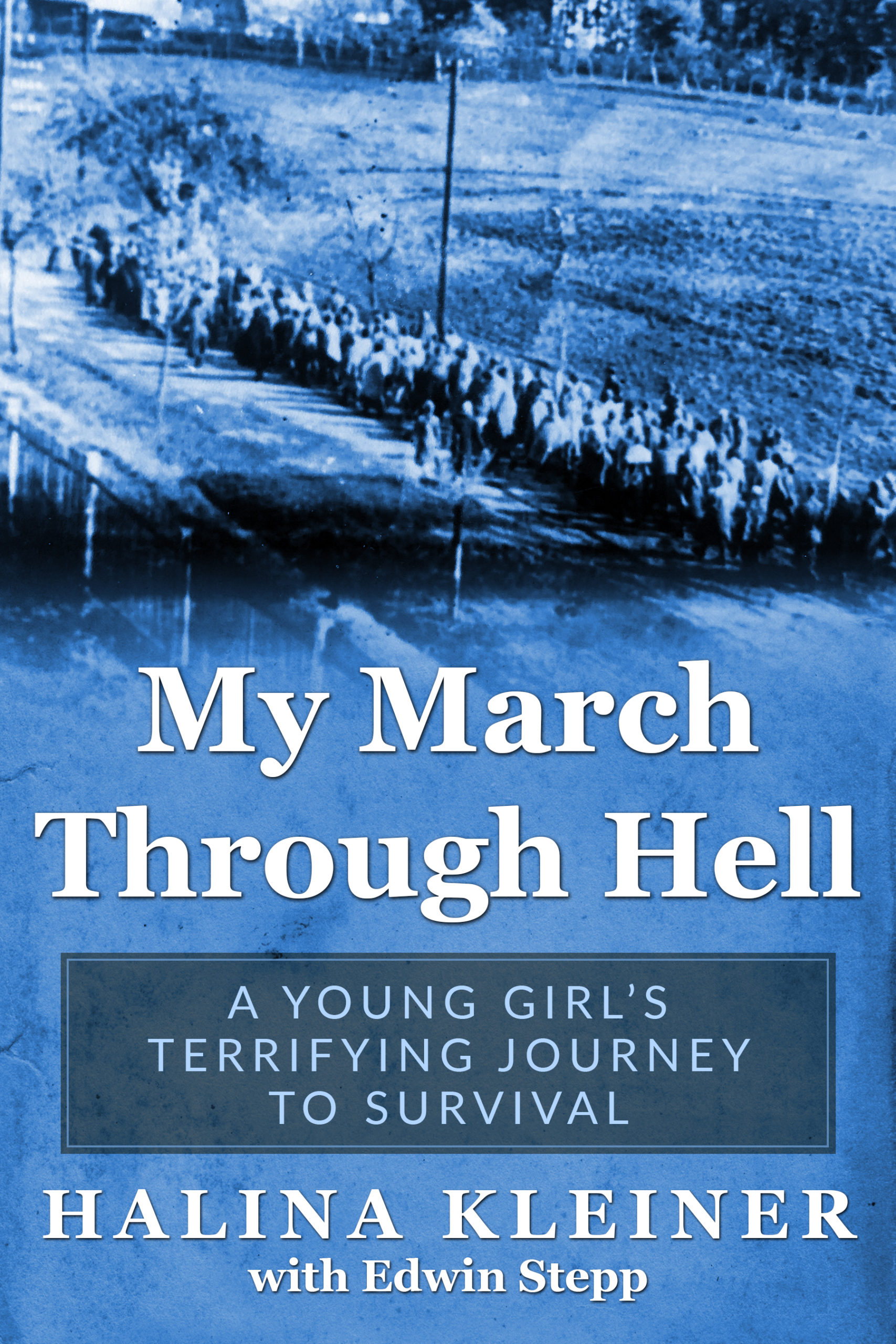The story of Walter Leopold and his family is truly an amazing one. Standing out among Holocaust stories, perhaps because so few of his fellow Jews escaped the way he did, this book accounts for how Mr. Leopold managed to evade deportation and pass for an Aryan long enough to see Hitler’s and the Nazi regime’s downfall in Germany/Austria. And his small family survived with him.
Walter Leopold was a German Jew living in Leipzig; becoming a war hero during WWI. He lived through the difficult times of the pre-WWII Nazi regime and when the war broke out, found himself an employee at the Leipzig Jewish Community office. There Walter witnessed how colleagues could turn against each other under the pressure caused by the deportations to the East. Finally, when he, his family and mother-in-law were on the list, he decided to escape. This was done through the help of his Socialist friends. And the diary Walter wrote during this period describes those little details that made this escape possible, his foresight, as well as those seemingly random incidents which he managed to turn into another step towards gaining the required documentation to pass as an Aryan. The irony used is stunning, adding a very pleasant element of insight into an alert mind with a great vocabulary through which to express his thoughts. The translation of his diary into English is very good. Walter found himself a job in the Alps, and finally was able to feel safe again. Strangely, he also seemed to start thriving, as he found opportunity to undermine his neighbours’ and co-workers’ belief in Hitler and the Nazi ideology. In 1944, he went so far as to call the day of their escape “our liberation”. That is, their liberation from the fire awaiting in the East if they had been deported.
The real liberation for the Leopold family would come in early May 1945; bringing its own challenges because of Walter’s complicated way to survival. It seemed although Nazi German rule had surrendered, the Anti-Semitic spirit lurking behind it might not have followed suit. That is, Walter poses some very interesting questions about what kind of freedom the liberation had brought for the Jews who had survived twelve years of Nazi rule.
This book was a very special read, a one of a kind I haven’t experienced before. One can’t help posing questions like “What if Nazi Germany had not lost the war? How far would Walter have had to bow to the existing system to be able to survive? Would Walter and his family forever have been able to pass as Aryans, living in a society where every trace of their Jewish heritage had disappeared? They yearned for their lost Jewish community in Leipzig. What if their vigilance had slipped, exposing them to their enemies?” Walter also gives us an inside view of what it is like to live in a totalitarian state for an extended period, although thanking the Almighty for the privilege of, after all, being alive to experience it. He describes it perhaps better than many other books I’ve read, with phrases like “... A tough test it is… a denial of self…”. He shows great ability for reflection on behalf of the Allies and the European post-war future. The diary form, held together by the comments by Walter’s nephew Les Leopold makes this a very exciting and informative read. I’m actually stunned because of all the complicated post-war issues this book presents.
– Diddi







